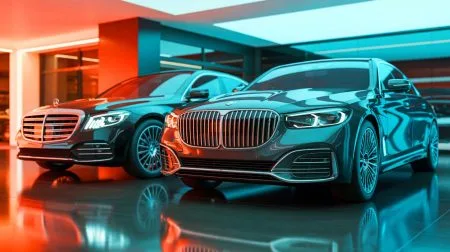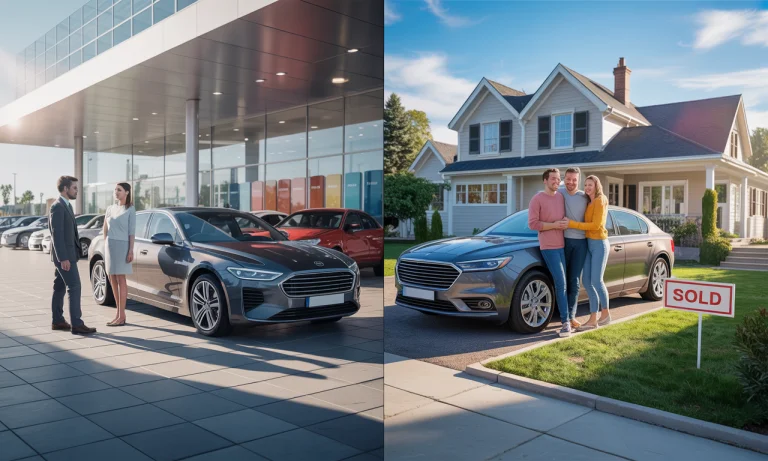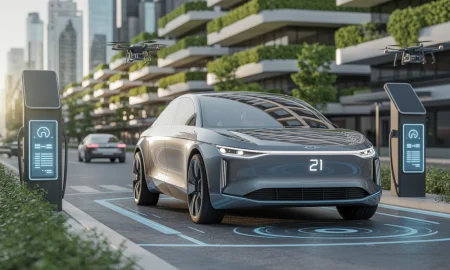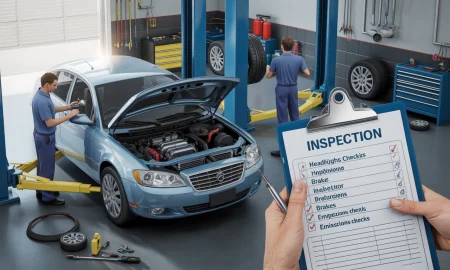Each year, tens of thousands of drivers in cities as diverse as Atlanta, Los Angeles, and Toronto approach a crossroads: should they lease their next car, or sign a purchase agreement and drive away as owners? The answer isn’t as obvious as it might seem; the landscape of personal mobility in 2025 has evolved with technology, changing consumer habits, and the influence of global brands such as Toyota, Ford, Honda, Chevrolet, Nissan, Hyundai, Kia, Volkswagen, Mercedes-Benz, and BMW. With options to tailor your ride to the latest tech or keep long-term control, the decision weaves through concepts of short-term comfort versus long-haul value. Comparing the nuances of monthly payments, depreciation protection, and the ever-present craving for a new dashboard display, this narrative explores real decisions made by people who, like you, weigh their future mile by mile.
Comparing the Experiences: Leasing vs. Buying a Car in 2025
For Lena, a graphic designer from Seattle, her move from a modest Honda Civic to a sleek BMW 3 Series sparked the great debate: lease or buy? Leasing gave her low monthly payments and the thrill of upgrading every few years, but buying promised something tangible after all those payments—the pride of true ownership. In 2025, the landscape brims with options. Leasing offers the chance to drive a model packed with innovations that might sit beyond a traditional budget. Yet, the keys must be handed back at lease’s end, unless the compelling lure of purchasing at the car’s residual value kicks in.
Annual mileage limits—often between 12,000 and 15,000 miles—linger as the fine print many overlook. Balancing these boundaries is crucial; for road warriors, they can become costly traps. Monthly payments, as reported by leading lenders in 2025, remain lower for lessees: subprime borrowers average $620, while super-prime clients see $616. Purchasing, though typically requiring a higher deposit and payment, can be cheaper in the long run if you commit to keeping your car beyond the payoff period, relying on enduring models from Toyota, Hyundai, or Volkswagen for reliability and resale value.
| Aspect | Leasing | Buying |
|---|---|---|
| Monthly Payment | Lower | Higher |
| Ownership | No | Yes |
| Mileage Restrictions | Yes | No |
| Customization | No | Yes |
| End of Term Option | Return or Buy | Sell/Trade-in |
Benefits and Pitfalls: The Lease Perspective
Alex, drawn to the allure of a Mercedes-Benz coupe, found leasing suited his tech-savvy lifestyle. Leasing enabled access to features like autonomous driver-assist technology and next-gen infotainment, all for a comparable payment to buying a Nissan or Kia outright—a compromise he found worth celebrating. Warranty protection across the lease term added another layer of reassurance, and he loved the ability to swap models just as fast as trends change.
Yet, there were surprises. That irresistible new BMW X1, returned with an extra 3,000 miles, led to a bill Alex hadn’t expected. Excess mileage and wear-and-tear penalties have only grown stricter. Insurance, too, runs higher to satisfy leasing companies, requiring full coverage and often gap insurance. Breaking a lease early remains a costly affair, with penalties that can sour the freedom leasing once promised. Alex’s story echoes the trade-off so many feel: pay less each month, but lose flexibility and the chance to build equity.
The Long-Term Equation: The Reality of Buying Your Car
Leasing ultimately returns the keys elsewhere, but buying plants them in your palm. Take Emily and her steadfast Ford Explorer: after five years, her monthly payments faded away, but her reliable SUV remained. The freedom to take sprawling road trips across states, customize suspension or sound system, and put as many miles on the odometer as desired—they’re perks reserved for those who buy. After the loan is paid, savings stack up, especially when driving durable brands like Honda or Chevrolet beyond their loan periods.
However, ownership comes at a premium early on. Upfront down payments often rise as high as 20% of the purchase price. New cars—despite advances in anti-depreciation technology—still lose up to half their value within five years. And when warranties end, maintenance costs land squarely on the owner’s shoulders. Those who enjoy vehicle customizations or anticipate unpredictable driving habits, however, often find these burdens worthwhile.
| Benefit | Leasing | Buying |
|---|---|---|
| Latest Technology Access | Yes, frequent updates | Only on new purchases |
| Long-Term Savings | No | Yes |
| Customization Freedom | No | Yes |
| Flexibility | Less | More |
| Equity Building | No | Yes |
Key Considerations Before Making Your Move
It’s tempting to chase the thrill of driving a new Volkswagen Tiguan every three years, but the choice always comes back to your own habits. How many miles do you really drive each year? Do you crave the scent of a new Kia Telluride, or does the security of a paid-off Toyota Camry suit you better? For urbanites who rarely leave the metro area, the mileage caps on leases may never be an issue. Families who drive from coast to coast every summer, however, quickly appreciate the value of unlimited miles and open ownership. For deeper analysis, check out this insightful resource: comprehensive guide to leasing and buying.
Dealer incentives, special lease offers, and evolving financing models each play a role. Comparing all fees and total costs in writing from multiple dealerships is wise; digital calculators have become invaluable for simulating the numbers specific to your situation. Drivers with stronger credit profiles will always unlock better deals, whether their badge of choice reads Ford or BMW. Adapt the path to your needs—and remember, the car you choose will carry your life’s next adventures.
FAQ
What happens if I exceed the annual mileage limit on a leased car?
Exceeding the mileage cap stated in your lease agreement typically results in additional fees—usually around 25 cents per mile over the limit. These charges can add up quickly, so it’s important to accurately estimate your annual driving before leasing.
Can I buy the car at the end of my lease?
Yes, most leases provide the option to purchase your vehicle at the end of the term. The buyout price is typically the car’s residual value plus any applicable fees. If your vehicle holds its value well, as with certain models from Toyota or Honda, this can be a savvy choice.
Are there advantages to buying a used car instead of leasing or buying new?
Buying used often means lower upfront costs, reduced depreciation, and the ability to own outright sooner. However, you may miss out on the latest features and warranty protection that often accompany new or leased vehicles.
How do maintenance costs compare between leasing and buying?
Leased vehicles tend to stay under warranty, which covers basic maintenance for the lease term. When you purchase, especially after the warranty expires, all upkeep is your responsibility—factor this into your budget, particularly for premium brands like Mercedes-Benz or BMW.
Does my credit score affect leasing and buying options?
Absolutely. A higher credit score unlocks better rates and lower payments, regardless of whether you’re leasing or buying. In 2025, super-prime borrowers enjoy the most favorable terms, making credit health a vital factor in your decision-making process.
Did you like it? 4.4/5 (26)







